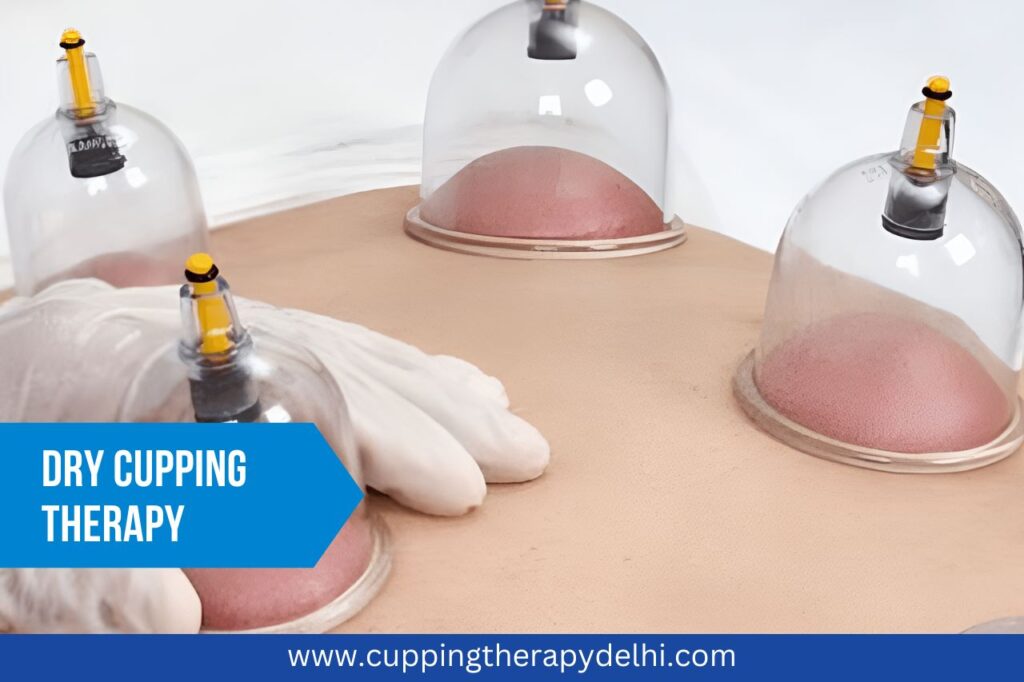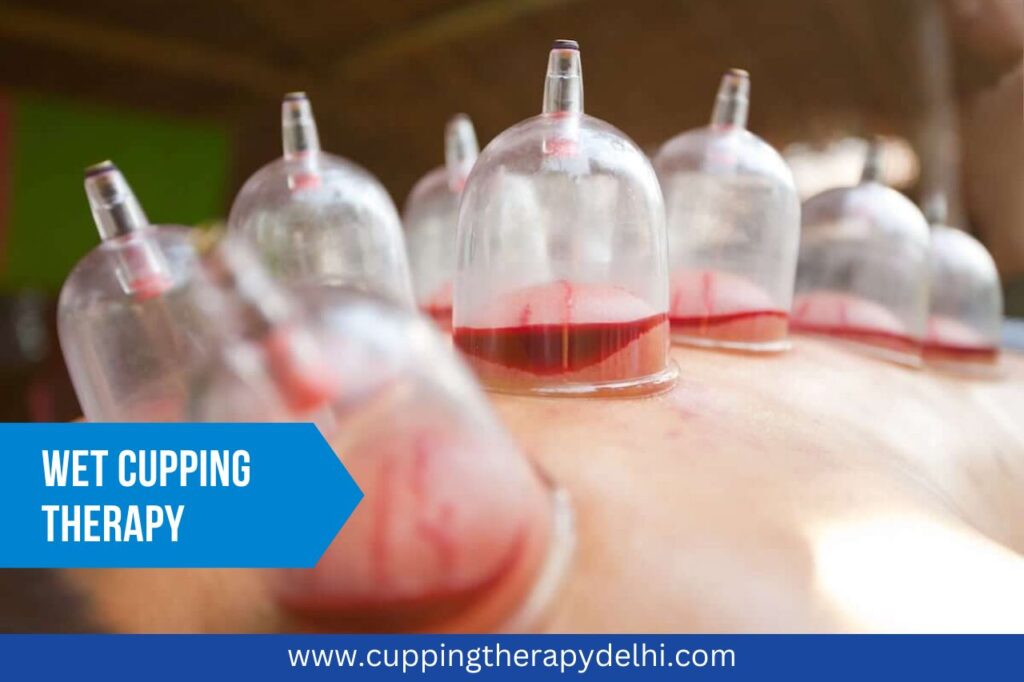In the bustling city of Delhi, deteriorating air quality poses a serious threat to respiratory health. The alarming rise in pollution levels significantly impacts vulnerable populations, including children, the elderly, and those with existing respiratory conditions. As a Health Consultant located in DB Gupta Market, Karol Bagh, New Delhi, I am dedicated to sharing expert insights and practical strategies to help you protect your lung health in this challenging environment. This article will discuss effective measures for safeguarding respiratory health and explore the potential benefits of cupping therapy as a holistic solution.
Understanding Air Pollution in Delhi
What Is Air Pollution?
Air pollution consists of harmful particles and gases that adversely affect health. The main pollutants in Delhi’s air include:
- Particulate Matter (PM2.5 and PM10): Fine particles that can penetrate deep into the lungs and enter the bloodstream, causing various health issues.
- Nitrogen Dioxide (NO2): Emitted from vehicles and industrial processes, contributing to respiratory problems and exacerbating asthma.
- Sulfur Dioxide (SO2): Produced from burning fossil fuels, leading to respiratory issues and acid rain.
- Ozone (O3): A harmful gas formed when sunlight reacts with pollutants, which can worsen asthma and other respiratory conditions.
The Health Impact of Poor Air Quality
The health implications of poor air quality are extensive, particularly for those living in urban areas like Delhi. Key concerns include:
- Asthma: Increased frequency and severity of asthma attacks due to heightened exposure to allergens and pollutants.
- Chronic Obstructive Pulmonary Disease (COPD): Long-term exposure to air pollution can lead to the development and progression of COPD.
- Lung Cancer: Pollutants such as benzene and formaldehyde have been linked to an increased risk of lung cancer.
Vulnerable Populations
Certain groups are particularly susceptible to the health effects of air pollution:
- Children: Their developing lungs are more sensitive to pollutants, making them vulnerable to respiratory issues.
- Elderly: Age-related decline in lung function increases the risk of respiratory diseases.
- Individuals with Pre-existing Conditions: Those with asthma, COPD, or other respiratory issues may experience exacerbated symptoms.
Effective Strategies for Protecting Lung Health
Modify Outdoor Activities
To mitigate the risks associated with air pollution, it is crucial to modify outdoor activities, especially during peak pollution times. Here are some recommendations:
Avoid Peak Pollution Times
- Morning and Evening Hours: Air quality often deteriorates in the early morning and late evening due to increased vehicle emissions and temperature inversions. To reduce exposure, it is advisable to avoid outdoor exercise during these times.
Indoor Workouts
- Safe Alternatives: Opt for indoor workouts such as yoga, Pilates, or home fitness routines. This allows you to maintain physical fitness without exposing yourself to polluted air.
Safe Outdoor Timing
- Mid-Morning Exercise: If you prefer outdoor activities, plan them for mid-morning or after a rain shower when air quality tends to improve.
Monitor Air Quality
Being informed about air quality can help you make safer decisions regarding outdoor activities.
Understanding the Air Quality Index (AQI)
The AQI is a valuable tool that indicates the level of pollution in the air. Here’s how to interpret it:
- AQI 0-50: Good—Air quality is considered satisfactory, and air pollution poses little or no risk.
- AQI 51-100: Moderate—Air quality is acceptable; however, there may be a risk for some people, particularly those who are unusually sensitive to air pollution.
- AQI 101-150: Unhealthy for Sensitive Groups—Members of sensitive groups may experience health effects, but the general public is not likely to be affected.
- AQI 151-200: Unhealthy—Everyone may begin to experience health effects; members of sensitive groups may experience more serious effects.
- AQI 201-300: Very Unhealthy—Health alert: everyone may experience more serious health effects.
- AQI 301-500: Hazardous—Health warnings of emergency conditions. The entire population is more likely to be affected.
Utilize Protective Gear
When outdoor exposure is unavoidable, wearing protective gear can help minimize risks.
Recommended Masks
- N95 Masks: These masks filter out at least 95% of airborne particles and are particularly effective in polluted environments. They can significantly reduce inhalation of harmful particles and allergens.
Maintain a Healthy Lifestyle
A robust immune system is your first line of defense against respiratory ailments. Consider the following tips for maintaining lung health:
Balanced Diet
- Antioxidant-Rich Foods: Incorporate a variety of fruits and vegetables rich in antioxidants, such as berries, leafy greens, and citrus fruits. These foods help combat oxidative stress caused by pollution.
Hydration
- Stay Hydrated: Drinking plenty of water helps keep your respiratory system moist and aids in clearing out toxins. Proper hydration is essential for optimal lung function.
Medical Management
For individuals with pre-existing respiratory conditions, managing health through regular check-ups and adherence to prescribed medications is crucial.
Regular Check-ups
- Monitor Symptoms: Regular consultations with healthcare providers can help manage symptoms effectively and monitor lung health.
Medication Adherence
- Follow Prescriptions: Ensure you take all medications as prescribed and keep emergency inhalers readily available.
The Benefits of Cupping Therapy for Lung Health
Cupping therapy, a traditional practice rooted in ancient medicine, has emerged as a complementary treatment for various health conditions, including respiratory ailments. This therapy involves placing cups on the skin to create suction, promoting blood circulation and facilitating healing.
How Cupping Therapy Supports Lung Health
Detoxification
- Removing Toxins: Cupping therapy can help eliminate toxins from the body, thereby supporting lung function. This detoxification process can be particularly beneficial for individuals exposed to high levels of air pollution.
Increased Circulation
- Enhancing Blood Flow: The suction created by cupping increases blood circulation to the treated areas, which can help improve oxygen supply to the lungs and surrounding tissues.
Relief from Respiratory Issues
- Alleviating Symptoms: Many individuals have reported improved symptoms of asthma, bronchitis, and other respiratory conditions after receiving cupping therapy. The treatment can help relax the respiratory muscles and clear mucus from the lungs.
Integrating Cupping Therapy into Your Health Regimen
Cupping therapy can be seamlessly integrated into your health routine alongside other preventive measures. To learn more about how cupping therapy can help with respiratory ailments, visit our Cupping Therapy for Respiratory Ailments page.
Community Awareness and Action
As residents of Delhi, we must advocate for community-level initiatives that can contribute to improved air quality and overall public health.
Suggested Actions for Community Health
Promote Green Spaces
- Encourage Urban Greening: Advocate for more trees and green spaces in urban areas to help absorb pollutants and improve air quality.
Educate the Public
- Raise Awareness: Launch community campaigns to educate the public about the dangers of air pollution and the importance of lung health. Knowledge is a powerful tool in combating health risks.
Participate in Clean Air Initiatives
- Get Involved: Join local movements aimed at reducing emissions, such as carpooling, using public transportation, and supporting clean energy initiatives.
As air pollution levels in Delhi continue to rise, taking proactive measures to protect our respiratory health is crucial. By modifying outdoor activities, monitoring air quality, using protective gear, and maintaining a healthy lifestyle, we can significantly reduce our exposure to harmful pollutants.
Cupping therapy offers an effective, holistic approach to enhancing lung health, providing a natural means of detoxification and symptom relief. Integrating this therapy into your wellness routine can further support your respiratory health amidst the challenges of air pollution.
For more information about cupping therapy and its benefits for respiratory health, please visit our website or contact Dr Izharul Hasan, Health Consultant, DB Gupta Market, Karol Bagh, New Delhi. Together, let’s take steps toward better lung health and breathe easier in our polluted city.




